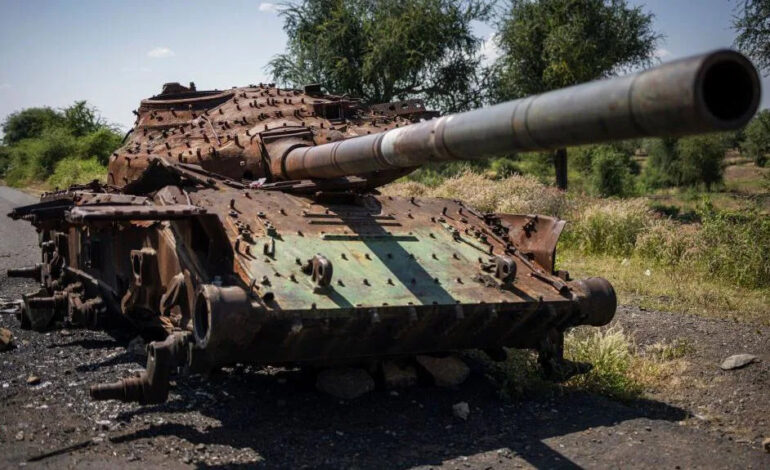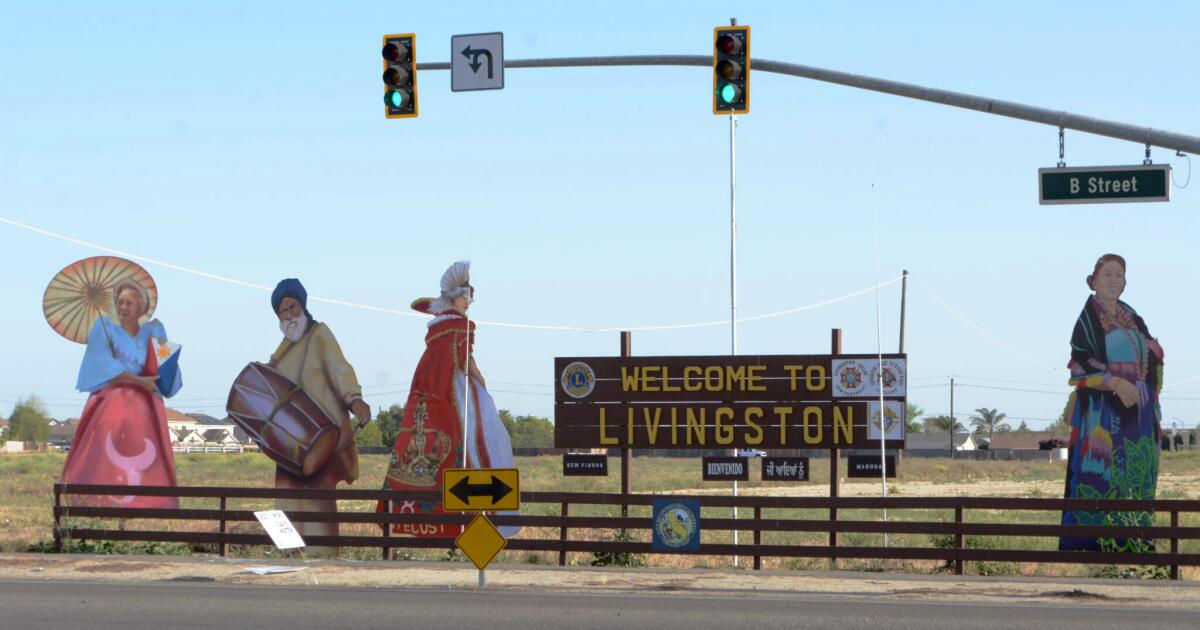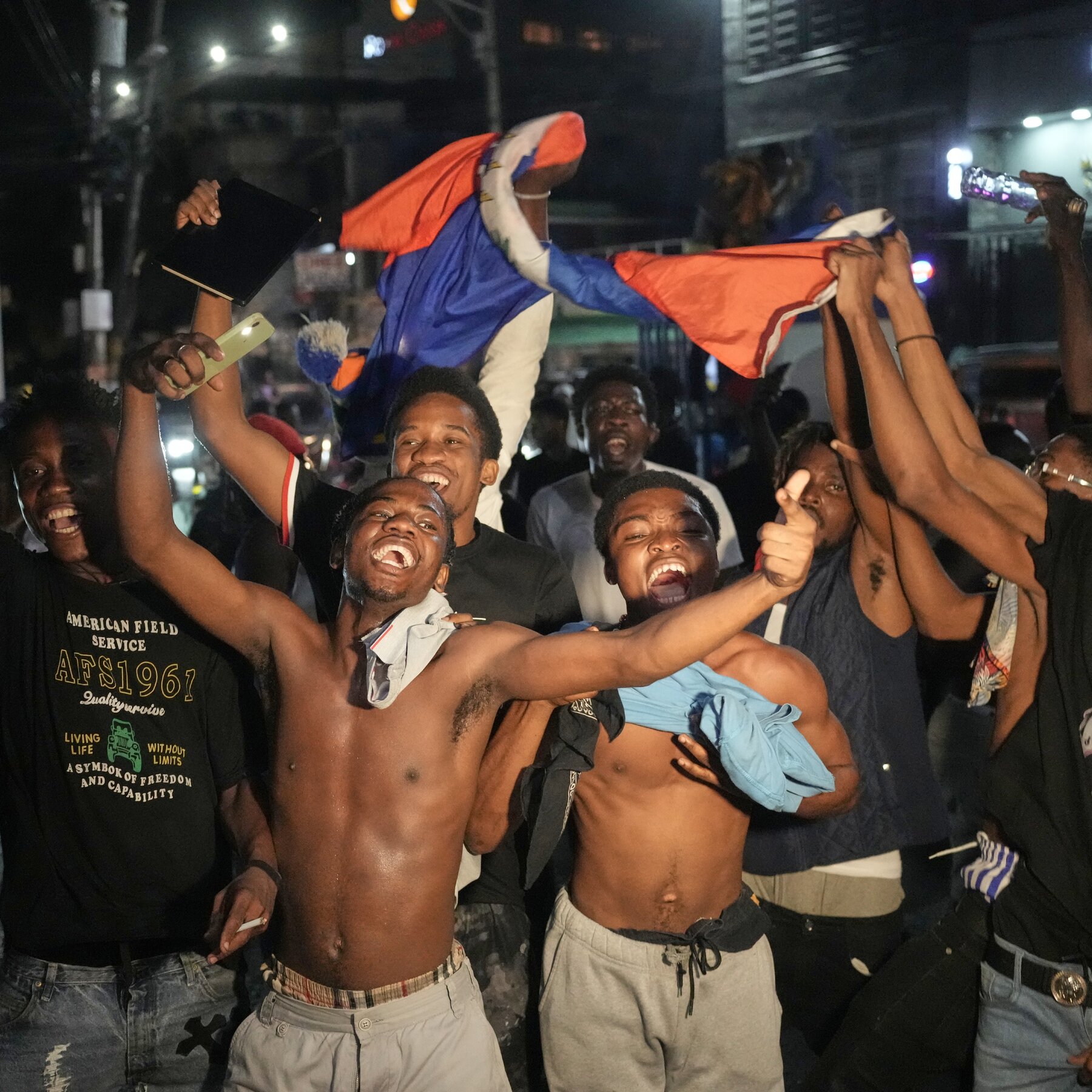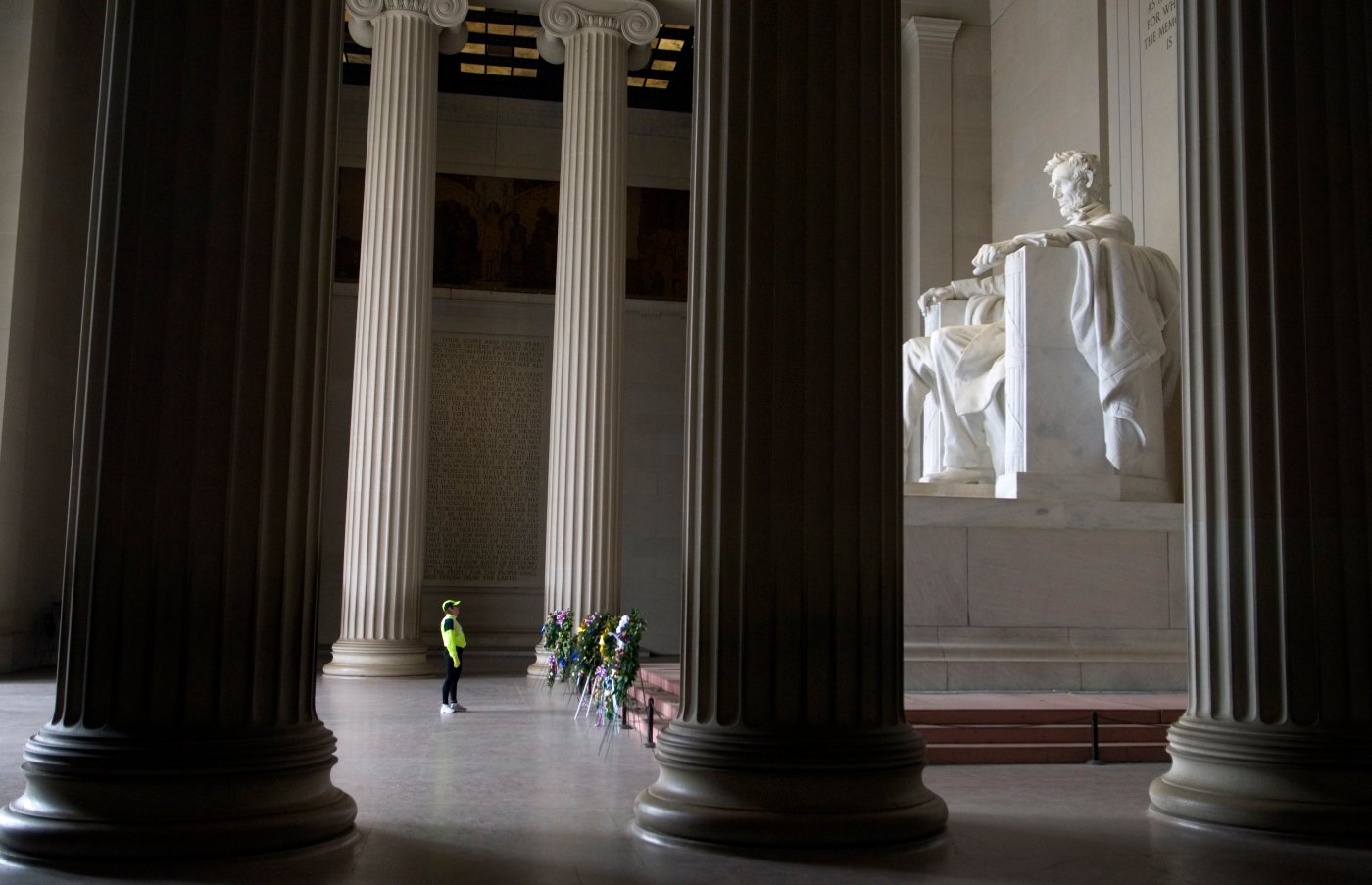Rising Tensions Between Ethiopia and Eritrea Heighten Conflict Fears

Concerns are escalating over a potential armed conflict between Ethiopia and Eritrea as hostile rhetoric intensifies. The tensions stem from Ethiopia’s demands for access to the Red Sea via Eritrean ports. Ethiopian Prime Minister Abiy Ahmed has described this access as an existential issue for his nation, prompting a fierce exchange of statements between the two countries.
Eritrea, which gained independence from Ethiopia in 1993 after a protracted struggle, has a coastline along the Red Sea measuring approximately 1,350 km. The two nations have a complex history marked by a bitter border war from 1998 to 2000, resulting in over 100,000 deaths. Although a peace agreement was signed, the underlying issues have persisted, leading to renewed tensions.
In recent weeks, Abiy and army chief Field Marshal Birhanu Jula have made aggressive claims regarding Eritrea’s southern port of Assab, located about 60 km from the Ethiopian border. On September 1, Abiy stated that Ethiopia’s loss of access to the sea was a “mistake” that would soon be “corrected.” His comments echoed through military ranks, with officials like retired General Bacha Debele asserting that Assab represented “Ethiopia’s wealth” and would be reclaimed, if necessary, by force.
On September 21, Birhanu Jula addressed soldiers, framing the conflict as one between a burgeoning Ethiopian population of 130 million and Eritrea’s two million. He emphasized the need to strengthen Ethiopia’s defense capabilities and secure a sea outlet. Senior military officials have echoed these sentiments, with Major General Teshome Gemechu declaring that Assab’s ownership is now a vital survival interest for Ethiopia.
In response, Eritrea’s government has issued stark warnings. Information Minister Yemane Gebremeskel condemned Ethiopia’s claims as “dangerous” and part of a “toxic agenda” of irredentism. On September 16, the Eritrean Information Ministry cautioned that any legitimization of Ethiopia’s “flagrant aggression” would lead to serious consequences, marking a “red line” that should not be crossed.
Eritrea’s military has also reacted, stating in a November report that Ethiopian leaders should avoid dragging their people into conflict. “The fate of anyone crossing the red line is plunging into an abyss from which they will never have a second chance to learn,” the Eritrean army warned.
As tensions build, the military presence in both nations has been notable. Although there are no current reports of significant troop movements along the border, Ethiopia has showcased military readiness through public ceremonies celebrating the graduation of thousands of cadets. Lt General Hachalu Sheleme indicated that “tens of thousands of youths” are joining the armed forces, a development framed as a message to adversaries.
Ethiopia’s President Taye Atske Selassie has promoted senior military officers, asserting that the country’s military preparedness is “elaborate.” The army has also been displaying newly acquired weapons, including artillery and tanks, during national celebrations. In contrast, public displays by the Eritrean military have been notably absent, although the nation maintains a mandatory national service program training young recruits annually.
Media narratives in both countries have contributed to the escalating tensions. Ethiopian state media has amplified the government’s claims that it “lost” access to the Red Sea ports unjustly, calling for their reclamation. State-run ETV has featured commentary framing the loss as an injustice, and demonstrations have been organized to support the narrative, with slogans like “Assab is ours.”
Conversely, Eritrean state media have accused Ethiopia of attempting to revive settled territorial disputes. An October editorial criticized the Ethiopian government for trying to incite conflict over issues that had been legally resolved decades prior. Interestingly, the rhetoric appears to have shifted among some foreign-based Eritrean media outlets, which are now urging unity against Ethiopian provocations.
The historical context of the tensions reveals a long and complicated relationship. Following more than half a century of Italian colonization, Eritrea was administered by the British after World War II. It became federated with Ethiopia until Emperor Haile Selassie I dissolved this arrangement in 1962, leading to a protracted civil war that ended in Eritrea’s independence in 1993. Initial cordial relations deteriorated over border disputes, culminating in a bloody conflict from 1998 to 2000.
Despite a peace agreement aimed at reconciliation, relations soured again in recent years, particularly following Ethiopia’s civil war in Tigray from 2020 to 2022, during which Eritrea allied with Ethiopian forces. The current escalation, marked by inflammatory statements and military posturing, raises fears of a return to armed conflict in the Horn of Africa.
As both nations navigate these turbulent waters, the international community is closely monitoring the situation, hoping for a de-escalation of hostilities that could have widespread ramifications for the region.






